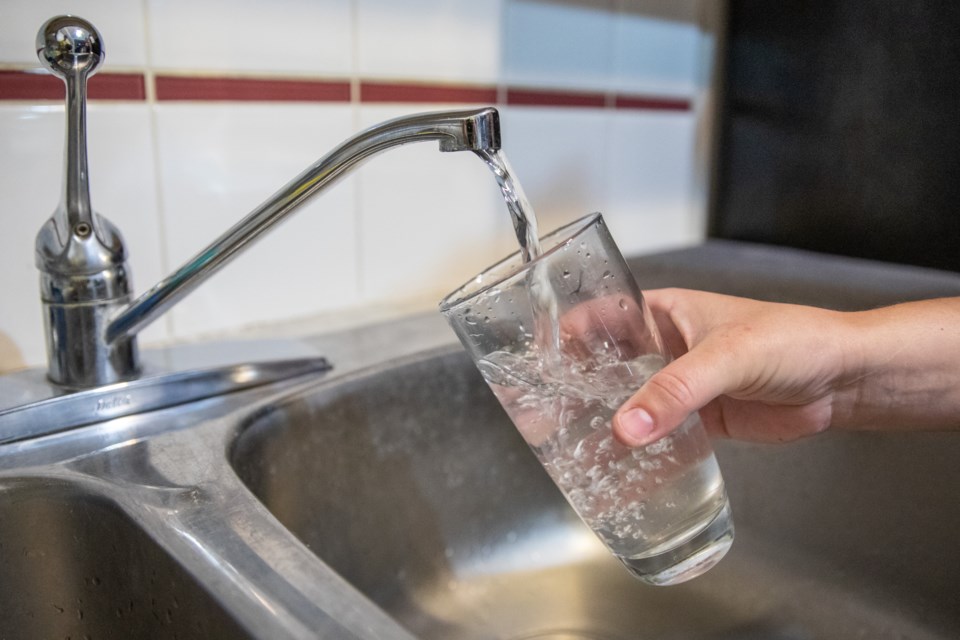Hinton council gave third reading to three utility bylaws on Tuesday (Nov. 17) as the Town gets ready to adopt a metered model in the new year.
The bylaws include the water utility bylaw; wastewater and sewer bylaw; and fees, rates and charges bylaw.
“We’ve had a lot of public input on this matter,” said councillor Trevor Haas. “It’s the responsible thing to do in regards to our town and the future of our water.”
The utility rates, which will eventually double, are meant to cover increasing water and sewer costs, due mainly to aging infrastructure, and fund a new water treatment plant as those services are slowly transferred from the pulp mill to the Town.
“These are going to involve big utility fee increases, but this is a core service that’s needed – wastewater and sewer – and it’s something we have to do,” said Coun. Stuart Taylor while moving to give third reading to the wastewater and sewer bylaw.
The Town will also install residential water meters and replace the meters for commercial and industrial properties.
The new rates combine flat rates with charges based on measured water consumption. While the rates will eventually go to $150 per month for a residence, council previously decided to ease into the new rates.
Residences would initially be charged a flat rate of $65 per month for water and $22.50 per month for sewer during the first half of 2025 before moving into metered billing, which would begin July 1 for multi-residential buildings and March 1, 2026, for single-family residential.
Changes to the bylaws will include provisions for installing meters at mobile homes within mobile home parks. Tenants will be able to get a second copy of utility bills, enabling them to pay for water services directly while the landowner retains responsibility for the overall payment.
In addition, they allow for bleeder system installation and simplify bulk water charges by consolidating them into a single consumption rate.
Administration also provided a report comparing fees and fines for common water bylaw infractions between comparable communities.
“Generally speaking, the fees that administration proposed in the bylaw were very, very similar to the City of Calgary,” said Trent McLaughlin, director of development and infrastructure services. “But when compared to our municipal comparators, the fines would be considered high.”
Administration thus provided an alternative fine schedule for council’s consideration. A fine for failing to notify of a damaged water meter, for example, would be $250 rather than $1,000.
Taylor supported the alternative since it was more reflective of the fines and fees that small communities charged.




